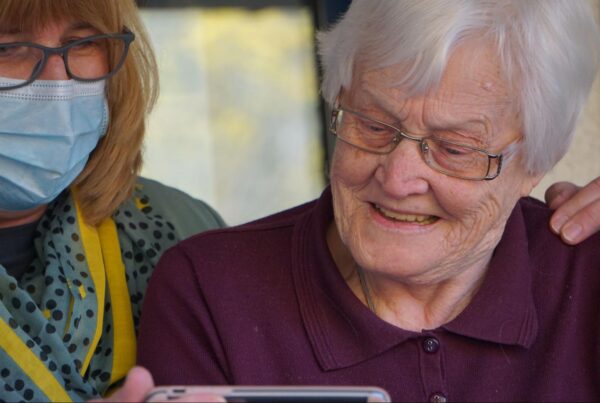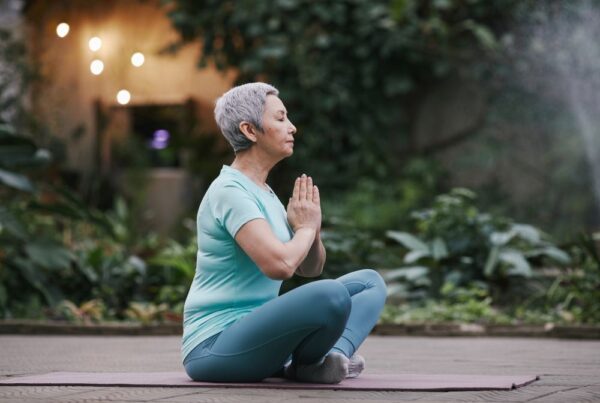According to research, most seniors would prefer to live at home for as long as they can, even when declining health makes it difficult. When your loved one is struggling with everyday tasks or having memory issues, you may be wondering how to keep them safe and healthy when you can’t be there round-the-clock. When staying at home is important to your senior, home health care might be the key. Seniors who live at home feel safer and typically have better mental, physical, and social health.
Is home health care the right choice for your senior? It depends on their individual needs, but it can help to consider some of the pros and cons associated with aging at home with home health care:
Pros:
Independence
Many seniors are concerned about losing their independence. Home care allows seniors to stay in their own homes with their own familiar belongings and routines.
Family involvement
Families can participate in home appointments, keeping them in the loop and giving them plenty of opportunities to stay involved with the day-to-day life of their loved ones. They are not limited by visiting hours or other restrictions that may be in place in residential care.
1-on-1 care
Home care appointments provide one-on-one care without the distractions of a busy facility. Care is personalized and focused on each person’s individual needs.
Variety of assistance
Care is personalized and can be adapted to meet changing health needs. Home care might include help with personal care, home tasks like meal preparation, medical needs, mobility, transportation, or other instrumental tasks like getting the mail or supervising deliveries.
Supports mobility issues
Many people develop health and mobility issues as they age, making it difficult to complete household chores or shop for necessities. Health and aging may also force them to give up driving. Home care services can assist with chores, shopping, and other tasks that have become difficult due to decreased mobility.
Cons:
Perceived loss of independence
It can be difficult for many people to accept help, especially if they feel like they can still complete most tasks themselves. Allowing people into their home to help with tasks they’ve been capable of for most of their lives can make them feel like they’re losing control of their own lives.
No structure
Seniors who become housebound often lose their previous routines and social contacts, leaving them feeling isolated and lost. Without structure to their day, many skip meals, miss medications, or ignore personal hygiene.
Limitations
Home visits for healthcare may be limited in scope. For example, physical therapists are limited by what they can carry with them. They have more tools available to them in a residential facility.
Home may need alterations
It may be necessary to make alterations to your senior’s home to add safety features. Installing grab bars in the bathroom may be a quick and affordable fix, but if your senior needs to use a wheelchair, it may be challenging to install ramps, widen doorways, and retrofit other accommodations to a house that previously had none.
Isolation
Staying at home has benefits, but it can also contribute to increasing isolation. Loneliness and social isolation can contribute to physical and mental health conditions like high blood pressure, depression, and cognitive decline.
Age Well – Age at Home
Aging can bring physical and cognitive challenges that make day-to-day activities increasingly difficult. Despite the difficulty, most seniors would prefer to stay home for as long as possible. Advanced Care Home Care Services might make that possible. Call us 262.236.9194 or contact us through the website to learn more about our services.






